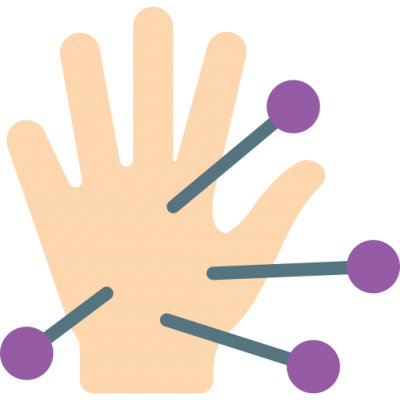Anxiety is a normal feeling that everyone feels when we face a threat. Fear and anxiety are evolved responses to keep us safe. Fear leads us to a fight or flight response – to “flee” from the danger or “fight” it. We also feel anxious when we anticipate a bad situation that may or may not happen. Anxiety can also help motivate us to work towards a goal like studying for an exam if we anticipate not passing.
But sometimes the worry and anxiety doesn’t go away even when the stressful situation has passed, or the fear we experience is greater than the reality of the threat. When worries and fears are persistent and get in the way of you living your life, you may have an anxiety disorder.
Anxiety disorders are not a sign of personal weakness, neediness, or the lack of strength. Neither is it possession by a spiritual force or a sign that someone is going crazy. It is not contagious, although anxious tendencies can, in some cases, be inherited from our parents.


